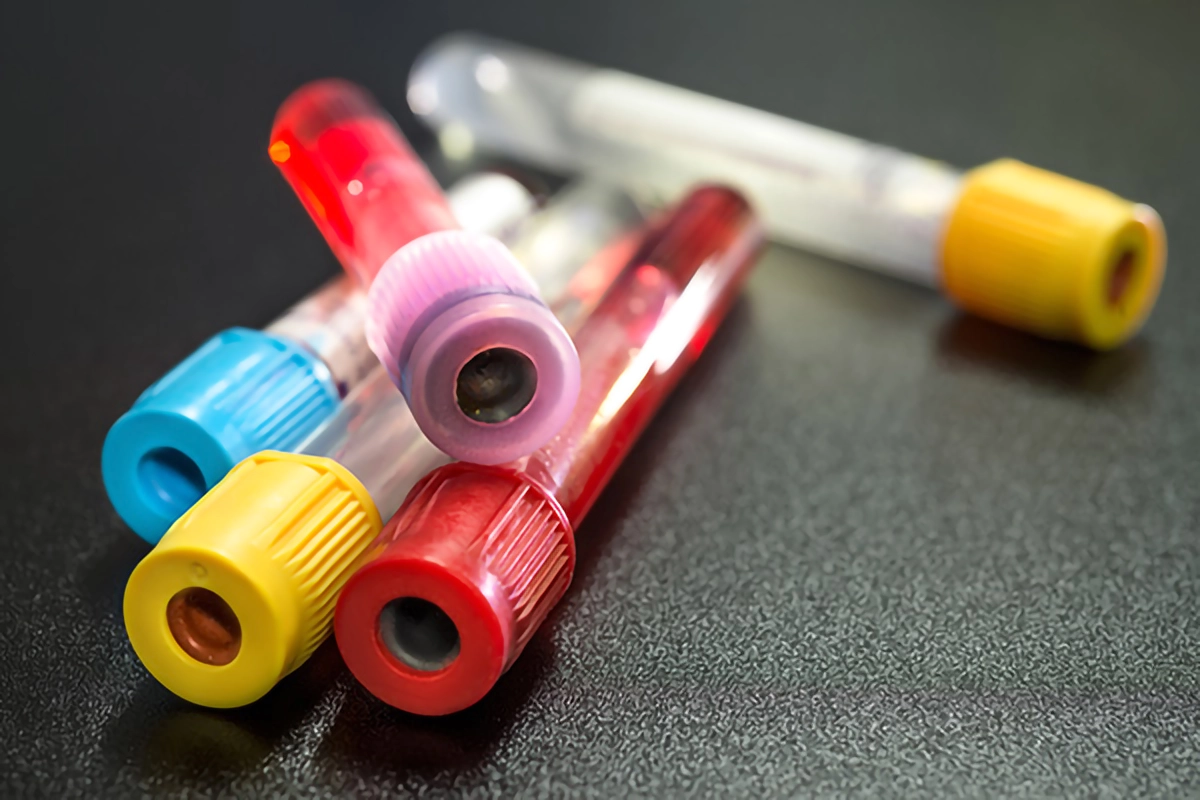We use cookies to help provide you with the best possible online experience.
By using this site, you agree that we may store and access cookies on your device. Cookie policy.
Cookie settings.
Functional Cookies
Functional Cookies are enabled by default at all times so that we can save your preferences for cookie settings and ensure site works and delivers best experience.
3rd Party Cookies
This website uses Google Analytics to collect anonymous information such as the number of visitors to the site, and the most popular pages.
Keeping this cookie enabled helps us to improve our website.
Blog: Patients Guide to Coeliac Disease by Dr Ludmila Fjodorova

Coeliac disease
Coeliac disease is a condition where your body reacts badly to gluten, a protein found in foods like bread, pasta, and some cereals. This reaction damages your small intestine, making it harder for your body to absorb nutrients from food.
What Is Coeliac Disease?
In coeliac disease, eating gluten causes harm to the lining of your small intestine. Normally, tiny finger-like structures called villi help absorb nutrients, but in people with coeliac disease, these become flattened, leading to poor nutrient absorption and related health problems.
Who Should Get Tested for Coeliac Disease?
You might need a test for coeliac disease if you experience symptoms like:
- Digestive issues: Long-lasting diarrhoea, stomach pain, bloating, or nausea.
- Tiredness: Feeling constantly exhausted or run down.
- Weight loss: Losing weight unexpectedly.
- Growth issues in children: Poor weight gain or slower growth.
- Anaemia: Low levels of iron or other nutrients without an obvious reason.
You should also consider testing if you have conditions like:
- Type 1 diabetes
- Autoimmune thyroid problems
- A specific skin rash called dermatitis herpetiformis
- Irritable bowel syndrome (IBS)
- Liver issues like autoimmune hepatitis
- A close family member (parent, sibling, or child) with coeliac disease


How Is Coeliac Disease Diagnosed?
To diagnose coeliac disease, doctors use:
1. Blood Tests
- A blood test looks for antibodies linked to coeliac disease, like tissue transglutaminase (TTG).
- If you're already on a gluten-free diet, you may need to eat gluten for six weeks before testing to get accurate results.
2. Biopsy
- If the blood test suggests coeliac disease, doctors confirm the diagnosis by taking a small sample of your small intestine during a simple procedure.
Why Is Treatment Important?
If coeliac disease is left untreated, it can lead to serious health problems, including:
- Anaemia: Low levels of iron, folate, or vitamin B12.
- Bone issues: Weakened or soft bones (osteoporosis or osteomalacia).
- Temporary lactose intolerance: Trouble digesting dairy.
- Increased risk of cancer: Rarely, small intestine lymphoma.
- Pregnancy problems: Higher risk of complications.
- Infections: Reduced spleen function makes you more prone to infections
Managing Coeliac Disease
The only way to manage coeliac disease is to completely avoid gluten. This means cutting out:
- Wheat: Found in bread, pasta, and pastries.
- Barley: Found in beer and some cereals.
- Rye: Found in certain breads and crackers.
- Oats: Unless clearly labelled as gluten-free.
Gluten-Free Foods You Can Enjoy:
- Rice
- Potatoes
- Corn (maize)
- Special gluten-free bread, pasta, and other products

Vaccinations
Because coeliac disease can affect your immune system, doctors recommend:
- Pneumococcal vaccine: Protects against serious infections, with a booster every five years.
- Flu vaccine: May be suggested based on your health needs.
Take Control of Your Health
Coeliac disease is manageable with early diagnosis and a committed gluten-free lifestyle. If you suspect coeliac disease or have a family history, talk to your doctor about screening. Taking control of your diet can protect your health and improve your quality of life.
If you have any questions or need guidance, don't hesitate to consult your GP.
Published: Dec 11, 2024
